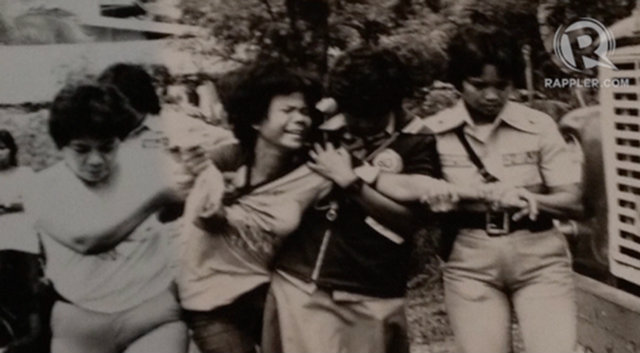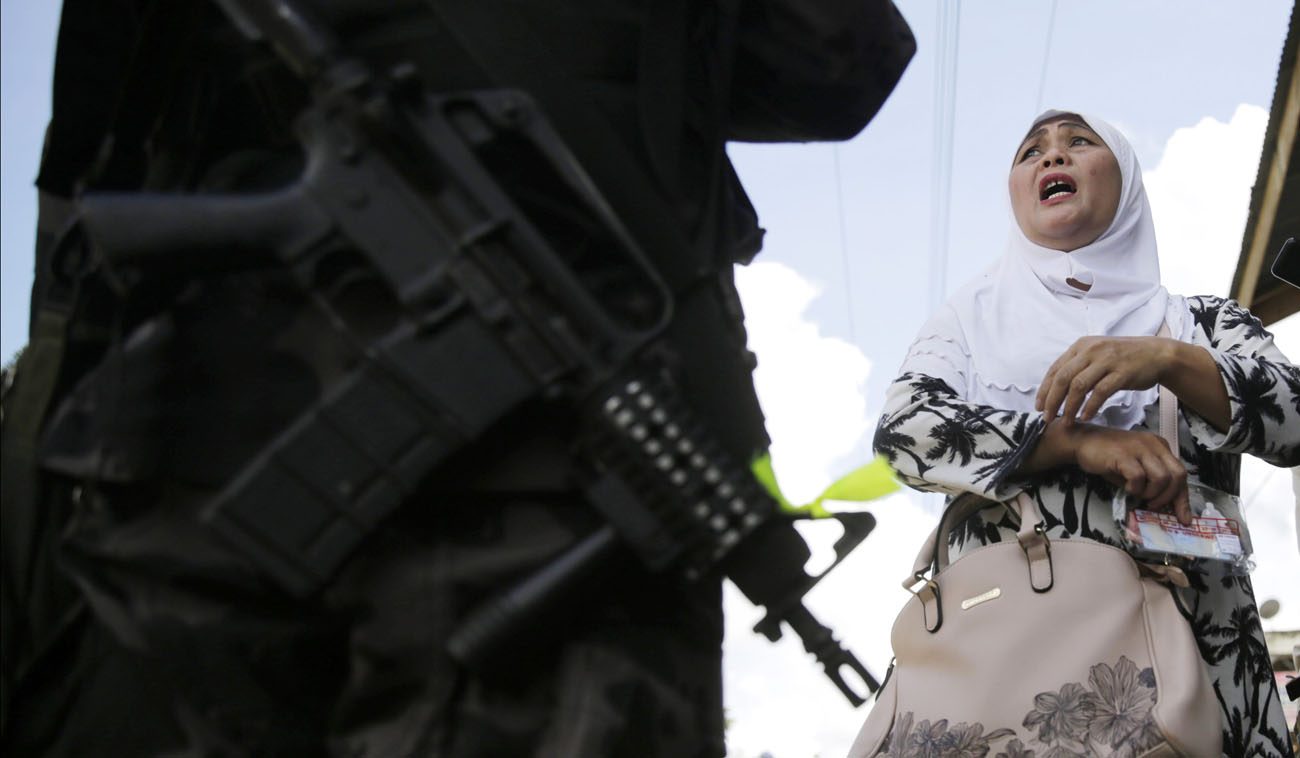

Supreme Court to review the propriety of martial law declarations.

Milligan firmly established the right of the U.S. The Supreme Court held that neither the president nor Congress could give federal military forces the power to try a civilian who lived in a state that had federal courts. Milligan was tried, found guilty, and sentenced to prison by a military court.Īlthough the habeas corpus petition had been suspended, the Supreme Court accepted Milligan's petition for a writ of habeas corpus. Milligan was charged with five offenses: conspiring against the United States, affording Aid and Comfort to rebels, inciting insurrection, engaging in disloyal practices, and violating the laws of war. Lamdin Milligan, a civilian resident of Indiana, was arrested on October 5, 1864, by the Union military forces. The martial law declared by Lincoln during the Civil War spawned another legal challenge, this one to the military courts: ex parte milligan, 71 U.S. After Congress approved Lincoln's suspension of the writ in 1863, Union forces were authorized to arrest and detain Confederate soldiers and sympathizers, but only until they could be tried by a court of law. 487), that only Congress had the power to suspend the writ of habeas corpus. The Supreme Court reviewed the issue and ruled in Ex parte Merryman, 17 F. This refusal created friction between Congress and the president and raised the question of whether unilateral suspension of the writ under martial law was within the president's power. However, Congress initially refused to ratify Lincoln's suspension of the writ of habeas corpus. Its martial law declaration gave the Union military forces the authority to arrest persons and conduct trials. However, at the outset of the Civil War, in July 1861, Congress ratified most of the martial law measures declared by President Abraham Lincoln. The power to do so usually is granted in the state constitution.Ĭongress has never declared martial law.

On the state level, a governor may declare martial law within her or his own state. However, the Supreme Court has interpreted both to allow the declaration of martial law by the president or Congress. Under Article I, Section 8, Clause 15, of the Constitution, Congress has the power "o provide for calling forth the Militia to execute the Laws of the Union, suppress insurrections and repel Invasions." Article II, Section 2, Clause 1, of the Constitution declares that "he President shall be Commander in Chief of the Army and Navy of the United States, and of the Militia of the several States, when called into the actual Service of the United States." Neither constitutional provision includes a direct reference to martial law. Martial law on the national level may be declared by Congress or the president. Uprisings, political protests, labor strikes, and riots have, at various times, caused several state governors to declare some measure of martial law. Otherwise, it has been limited to the states. In the United States, martial law has been instituted on the national level only once, during the Civil War, and on a regional level only once, during World War II. And the writ of Habeas Corpus may be suspended (this writ allows persons who are unlawfully imprisoned to gain freedom through a court proceeding).
#MARTIAL LAW IN THE US FREE#
Certain civil liberties may be suspended, such as the right to be free from unreasonable searches and seizures, freedom of association, and freedom of movement. To a varying extent, depending on the martial law order, government military personnel have the authority to make and enforce civil and criminal laws. Generally, the institution of martial law contemplates some use of military force. However, most declarations of martial law have some common features. According to the Supreme Court, the term martial law carries no precise meaning ( Duncan v. Martial law is an extreme and rare measure used to control society during war or periods of civil unrest or chaos.

The exercise of government and control by military authorities over the civilian population of a designated territory.


 0 kommentar(er)
0 kommentar(er)
